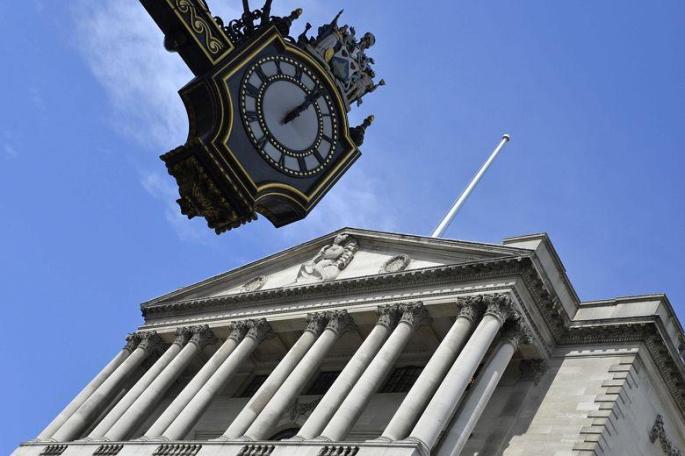Wage growth rose to 2.8% in the three months to February, outstripping inflation for the first time in a year, official figures show.
The figures from the Office for National Statistics (ONS) signal an end to the squeeze on household incomes after the slump in the pound following the Brexit vote drove the cost of living higher.
Inflation had topped 3% in recent months but more recently has eased, dipping to 2.7% in February.
The return to real terms wage growth will revive hopes for the high street, where retailers have been struggling thanks to the strain on consumers’ finances.
It should also keep up expectations that the Bank of England will raise interest rates to 0.75% next month.
There was a further boost from the official labour market statistics as the unemployment rate fell to a fresh 43-year low of 4.2% and the jobless total dropped by 16,000 – reversing rises in the number seen over the previous couple of months.
The employment rate also notched up a new record high, at 75.4%, as the number of people in work rose by 55,000 to 32.26 million, according to the ONS.
Stephen Clarke, senior economic analyst at the Resolution Foundation, said: “Today’s figures confirm that Britain passed an important living standards milestone in early 2018 as its 12-month pay squeeze finally ended.
“Wages should continue to strengthen over the course of the year as inflation falls back.”
However, the Foundation said that real terms pay growth was likely to remain weak and there was “a lot of ground to make up” with average earnings on this basis still almost £800 a year lower than they were a decade ago.
Prior to the recent year-long squeeze, there had been a prolonged period of falling real wages in the wake of the 2008/2009 recession, which only ended in 2014.
Russ Mould, investment director at AJ Bell, said: “An acceleration in wage growth for British workers may put the Bank of England on a state of alert when it comes to the next interest rate increase but the nation’s retailers may be pleased to see it after a very difficult start to the year.”
The pound slipped back on the data, which overall was slightly weaker than expected. Sterling had hours earlier touched its highest level against the US dollar since the Brexit vote.
The latest wage growth figure of 2.8% means that over the three-month period, pay increased at a faster pace than the ONS’s preferred CPIH measure of inflation, which includes housing costs.
The ONS said that meant that in real terms, pay grew by 0.2% – the first positive reading since January 2017.
However, inflation over the period using a slightly different measure preferred by the Bank of England – CPI – was an average 2.9%, still slightly ahead of wage increases.
Senior ONS statistician Matt Hughes said: “The labour market continues to be strong, and for the first time in almost a year, earnings have grown slightly after inflation has been taken into account.”
The ONS will publish March’s inflation figures on Wednesday. They are expected to show CPI steady at 2.7%.





























